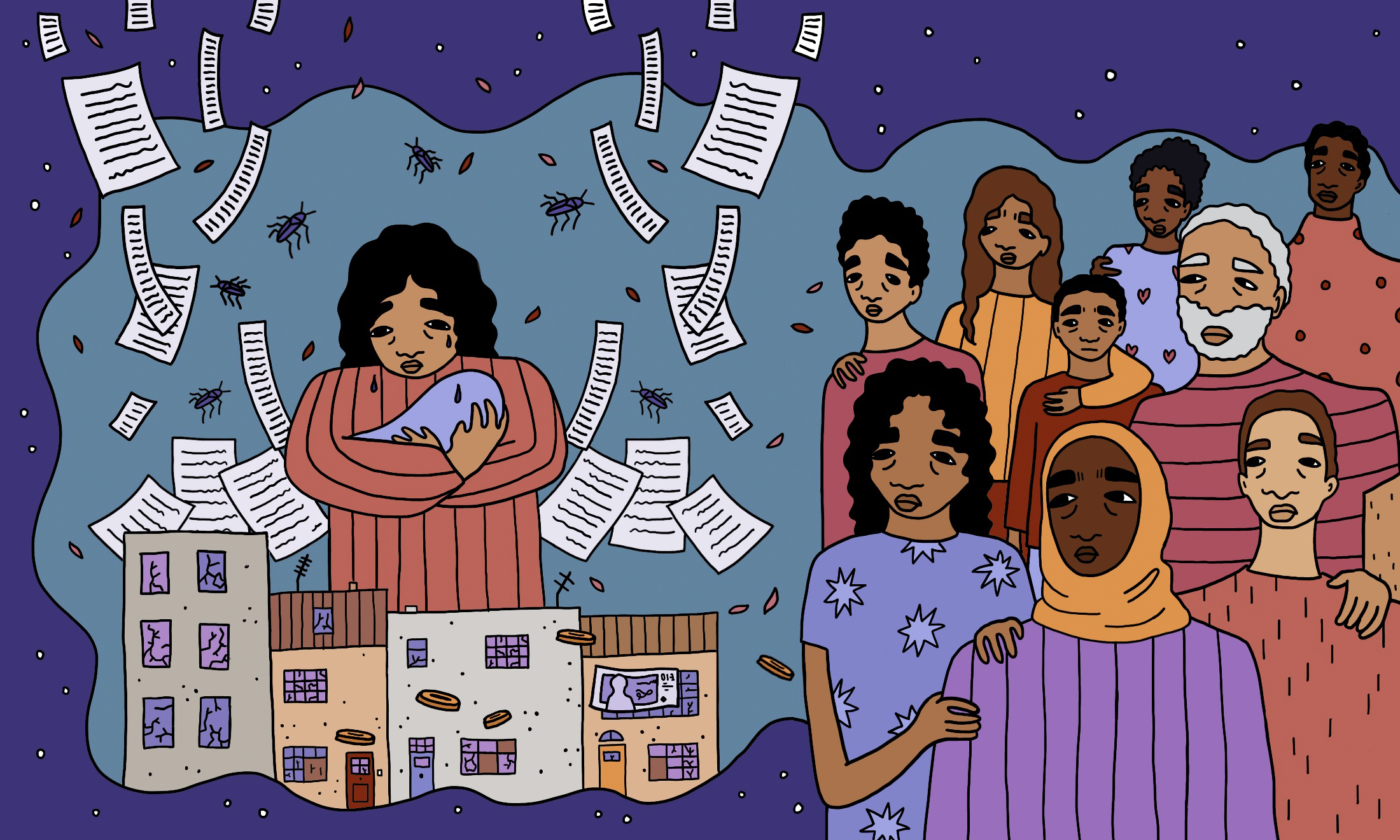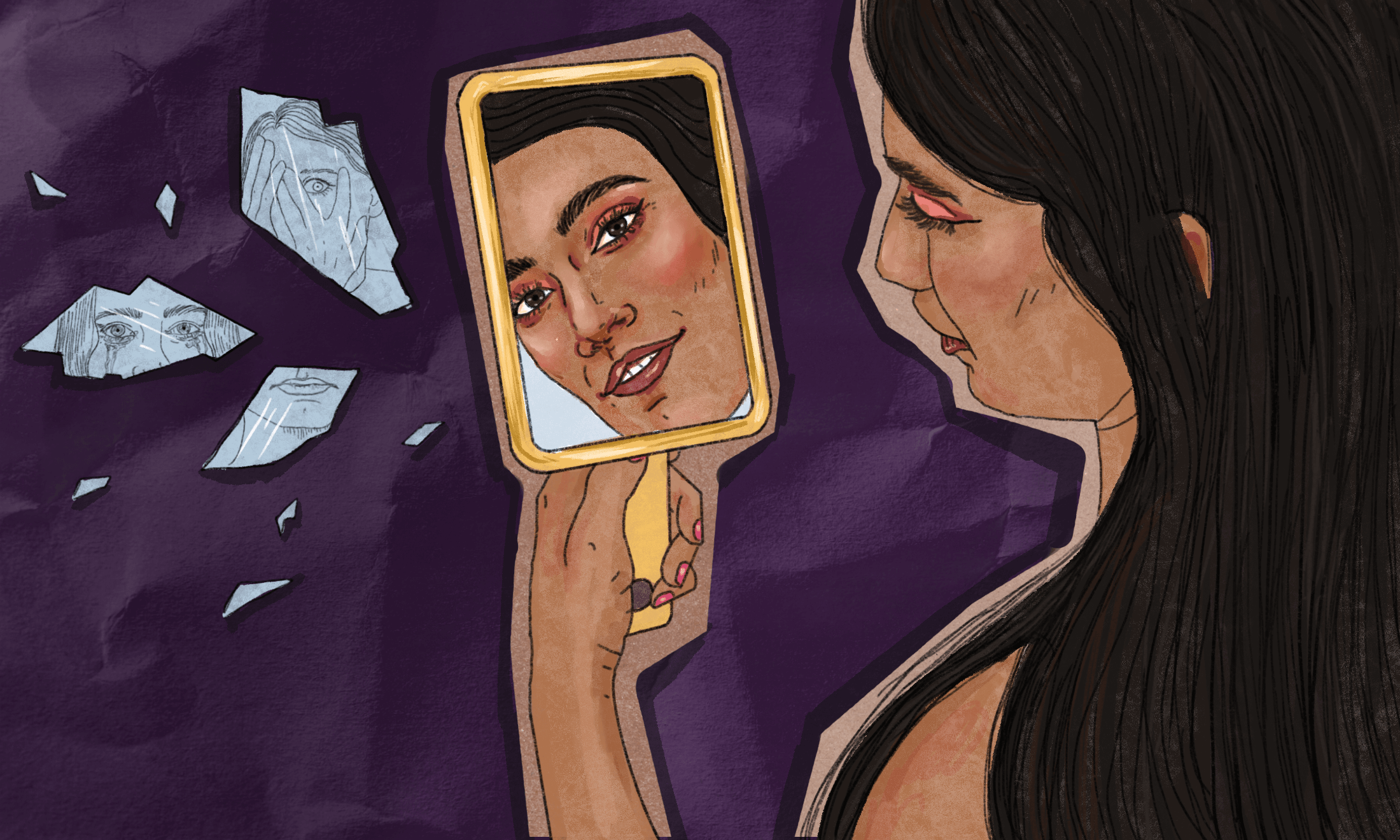
#SelfcareSundays: ‘Explaining’ your mental health
Joanna Sing and Aditi Shivaramakrishnan
13 Mar 2016
A couple of weeks ago, I was sat in a south London clinic chatting with a lovely doctor about the different types of IUDs, a reversible long-acting method of contraception. She asked for my details – date of birth, address, relationship status – and noted these down on a form.
“And are you on any medication?”
I helped her with the spelling of “Sertraline”. She frowned a little, cocked her head and looked genuinely upset.
“Isn’t that an anti-depressant? Why? You’re so young, so beautiful!”
I appreciated the doctor’s concern, but I did wonder – surely she didn’t honestly think I couldn’t be depressed because of my youth or appearance? Nor could she think I could or would tell her exactly ‘why’ I was on anti-depressants? I smiled weakly and shrugged, and we moved onto the next question.
This exchange, and the many more like it I have experienced in different situations, demonstrates the importance of talking about mental health. Keeping shtum about our mental health conditions means misconceptions go unchallenged, the stigma around mental health grows, and help and advice for sufferers seems ever more distant and inaccessible.
Yet, I did not challenge my doctor. Despite my belief in the importance of talking about mental health issues, despite coming face-to-face with a medical professional who, while genuinely concerned, was misinformed, I kept my mouth shut and allowed her to continue to live and work in ignorance. And in reality, I do this in a lot of social situations – starting a new job and taking that first day off sick, entering new relationships, conversations with friends in which I really should “reveal” myself – sometimes, it’s just too hard.
In this situation, I didn’t feel I could explain why I was depressed. I don’t truly know myself, and when people do ask me why, it solidifies pre-existing ideas in my head that my thoughts and feelings are irrational and invalid because there is no obvious reason I feel the way I do. This in turn makes me feel guilty for the contrast between privileges I am lucky enough to live with and the depression and anxiety that I experience on a daily basis. Furthermore, the theories I have concocted for my mental health are long-winded and pretty personal – not material for the first time you’ve met someone, or in the midst of a fast-paced group conversation.
Furthermore, vocalising my anxiety and depression is sometimes quite painful for me. I’m desperate to convey that mental health sufferers can be and are strong, passionate, independent people, but often it’s not long after starting to describe how I feel that my voice involuntarily drops an octave and my eyes begin to water. Talking about mental health in everyday terms doesn’t feel so casual when you’re sobbing and gasping for air.
But, if you do suffer from a mental health condition, find it hard to talk about (but want to), there are ways! Here are some rules (which work for me) for acting upon your political beliefs without threatening your already-delicate mental state:
Use your good days to talk about mental health
When you are having a really bad time, your duty of care is first and foremost to yourself. Forcing yourself to challenge or inform a friend, colleague or family member when you really do not want to (or feeling guilty for not doing this) is not worth making yourself feel worse than you already do. When you are feeling like your usual powerful, resilient, wonderful self, use this time and energy to talk about mental health so when again, you are feeling low, you don’t beat yourself up over keeping silent.
You can always chase someone up later
If you do let an opportunity to educate slip, there is nothing wrong with bringing up a past conversation with somebody a few days later, whether this is to dispute a friend’s description of an ex as “psychotic” or to just say, “Hey, the reason I was kind of down on Tuesday was because I have depression and I was having a bad time”. If you find it easier to do this via text or Facebook, that’s completely valid too. It’s better to have some input, however late, than none at all.
Focus on the positive reactions
Through candidly talking about my mental health, I have received reactions as well-meaning but insensitive as, “Really? You don’t seem depressed”, through to an ex-boyfriend telling me, “It’s actually really hard to be in a relationship with a depressed person” (because depression is a walk in the park for me). But, I have also received expressions of solidarity and admiration, as well as people’s own experiences of mental health conditions that make me feel less alone and less broken. It is absolutely vital that I focus on the latter, and how talking about my mental health has earned me incredible support from family, friends and work, and how much more valuable this is than throwaway comments from misinformed people.









